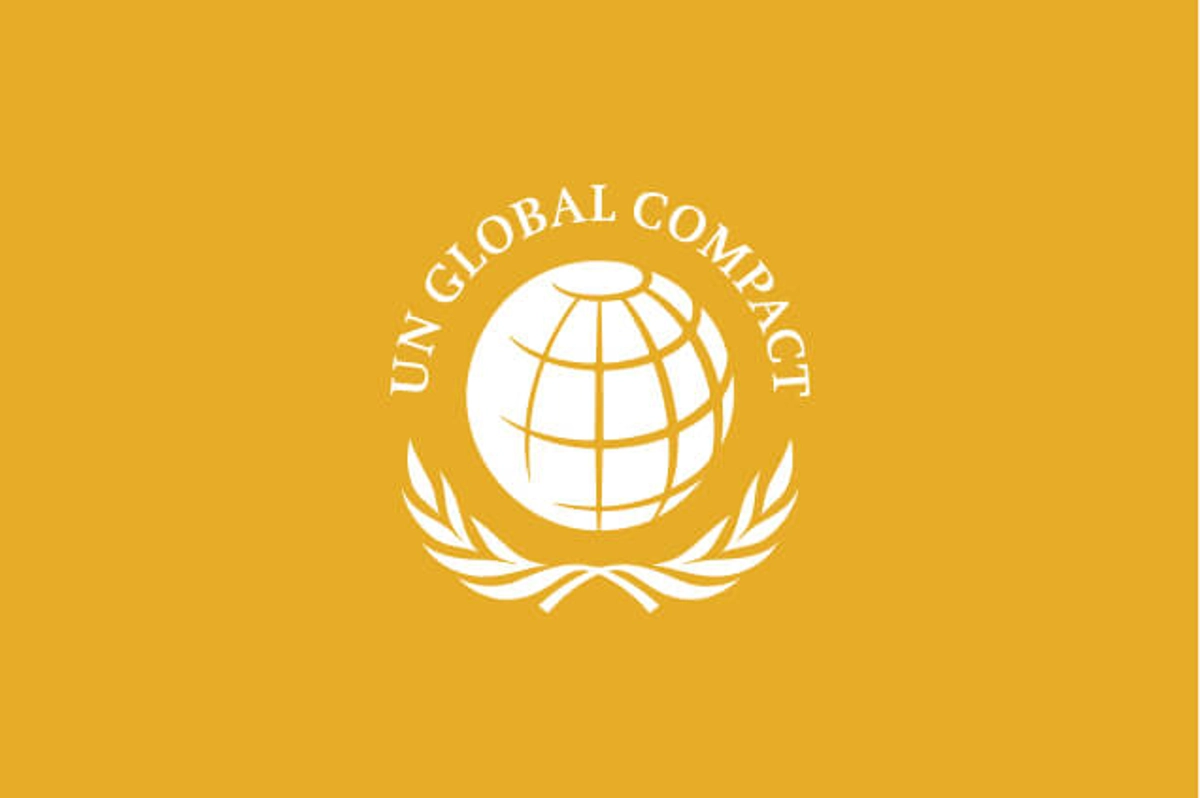SUSTAINABILITY STRATEGY
In 2016, VIG began increasing its sustainability activities at the strategic level. The sustainability strategy, which was introduced in 2017, and the values as well as the mission statement go hand in hand.
material topics, to which VIG can make the greatest contribution
The materiality analysis creates an important basis for setting strategic priorities. VIG performed its first materiality analysis in 2016. It was completely updated in 2021. Nine out of 19 potentially material sustainability topics were identified material for VIG during a systematic assessment: they are relevant to stakeholders, potentially have a major financial impact on the Group, and/or the activities of the Group can actually make a difference. These topics are:
Insurance companies are important providers of capital for national economies. VIG's investment decisions could have indirect social and environmental effects. In addition to the effects on its own portfolio, a change in investment behaviour, such as the withdrawal from coal, also has effects on the companies in which it invests. The loss of investors could make certain lines of business economically unattractive or no longer funded. For more information please see: environmental and social investment criteria
Compliance with all statutory and regulatory requirements and voluntary obligations (e.g. Code of Business Ethics) is an important part of responsible corporate governance. Insurance companies are now subject to an abundance of requirements. An efficient and effective compliance management system aimed at ensuring compliance with all these requirements is therefore a key element of functional corporate governance. For more information please see: Responsible governance
An orientation to customer needs, comprehensible products and needs-based services are the key to long-term success. Designing products and services is part of our core business. On the one hand, it has effects on customers, e.g. healthcare services make it easier for health insurance customers to access medical services. It can, however, also have positive effects on the environment, e.g. due to products such as "green" life insurance. For more information please see: Customers
The Group has data related to life and health insurance that is particularly sensitive. The impacts of data protection breaches occur inside and outside the organisation and employees and customers are mainly affected. For more information please see: Data protection and security, Information security
Employee learning and development is essential for every company. The technical knowledge of employees, their customer-orientation and openness to new developments are some of the most important factors in the success of insurance companies. Employee learning and development are therefore very important to VIG. The Group aims to be an "employer of choice". For more information please see: Employees
Demographic change is putting Europe's social systems under pressure. The products offered by insurance companies can help to reduce this pressure and to help eliminate the risk of gaps in future provisions for pensions, health care and nursing care. Awareness-raising activities can also be used to draw society's attention to these gaps. For more information please see: social, arts and cultural projects, and how VIG helps to manage the demographic change.
Climate change has an effect on insurance companies. At the same time, VIG can make an indirect positive or negative contribution through, for example, its investments. The company can also help its customers to deal with the consequences of climate change. The insurance companies can also reduce the carbon footprint of their own office operations. For more information please see: Environment
VIG’s sustainability strategy:
fivefold responsibility
Core business (incl. capital investment)
Taking responsibility in the long term and thinking in generations are core aspects of insurance. VIG insurance companies want to be able to satisfy their commitments at all times. This requires long-term stability of the Group. The Group relies on forward-looking management and profitable growth in order to remain a reliable partner for its customers in the future. At the same time, an intact society and environment are also necessary for economic success. VIG therefore aims to combine economic, social and environmental factors, or, in other words, to integrate sustainability into its core business.

Priorities
The priorities of the sustainability strategy for the core business include in particular forward-looking management that integrates social, environmental and governance-related factors into the business and risk strategies, as well as the investment process. This implies a recognition of human rights and strict compliance with all legal and regulatory requirements and self-imposed obligations, such as the Code of Business Ethics.
Our ambition
- Management combines economic objectives with social and environmental factors.
- Asset Management includes environmental and social factors in the investment process.
- Compliance continuously improves the compliance management system.
- Risk Management continuously improves the risk management system.
- Sustainability officers increase the understanding of ESG topics.
Customers
VIG insurance companies feel their primary objective is to provide comprehensive protection against a wide variety of risks for as many people as possible – to protect what matters to them. The long-term economic success of the Company depends on satisfied customers, since, if their expectations are fulfilled, they will continue to have confidence in the VIG insurance companies in the future. VIG wants to be available to serve a broad range of people. VIG companies already serve around 32 million customers in 30 countries. The Group relies on a decentralised management approach and local entrepreneurship to satisfy this large diversity of needs and expectations. This approach allows decisions to be made quickly and products and services to be modified for special local circumstances.

Priorities
The customer priorities in the sustainability strategy include providing the best possible coverage for customers and handling claims promptly to ensure customer satisfaction. New customer needs will be satisfied using innovative and digital services and products that also offer social and environmental added value if possible. Ensuring customer data protection and overall information security are important elements.
Our ambition
- VIG insurance companies further develop innovative products and services.
- Local complaint managers continuously improve the complaint management.
- Data protection officers continuously improve the data protection management system.
Employees
Employee motivation and commitment are important for the long-term success of a company. The Group therefore aims to be an “employer of choice”. To achieve this, it is important to deal fairly and justly with all employees, enable employees to follow their ideal development paths, and provide a good life balance and options for health promotion. The Group also intentionally relies on employee diversity and feels that it both enriches the Group and is an important factor in its success. Different experiences, backgrounds, needs and expectations are not just permitted. They are valued and actively used. This increases creativity and innovation, as well as motivation and commitment.

Priorities
The priorities in the area of employees include creating a working environment with leadership and well-grounded development opportunities that attracts the right employees and motivates and retains them.
Our ambition
- VIG positions itself as a locally attractive employer with an international background.
- Human Resources is responsible for increasing management and expert skills throughout the Group.
- Human Resources is also responsible for continuously improving diversity management.
Society
Companies can only achieve long-term success in an intact social environment. VIG is helping to achieve and maintain this requirement. Its activities as an insurance company help complex societies to function when confronted with a wide variety of different risks. The Group also takes responsibility for social issues and supports local communities especially in countries where the Group companies operate. It also adjusts its business model to social trends in order to remain successful for future generations. This requires monitoring of socio-economic trends.

Priorities
The social priorities in the sustainability strategy include support for local communities and adjusting the business model for demographic change. The social orientation is also promoted with initiatives like the “Social Active Day”.
Our ambition
- The Sponsoring department of VIG Holding and the “Social Active Day” coordinators in the individual Group insurance companies steadily expand this Group-wide initiative.
- VIG is helping to eliminate the risk of gaps in future provisions for pensions, health care and nursing care.
Environment
As an insurance company, VIG is greatly affected by the challenges of climate change. It is adjusting its business model to current changes in the environment and climate and is further developing its expertise for natural disaster risks. It is promoting social awareness of increasing environmental risks, and pushing ahead with initiatives for greater environmental protection and resource conservation. The Group is also working on reducing resource use and greenhouse gas emissions in its own business operations.

Priorities
The environmental priorities in the sustainability strategy therefore include helping society adapt to the consequences of climate change and conserving resources in the Company’s own operational business.
Our ambition
- Continuously develop expertise in the area of natural disasters.
- Help society adapt to the consequences of climate change.
- Sustainability officers implement measures related to the office environment.




